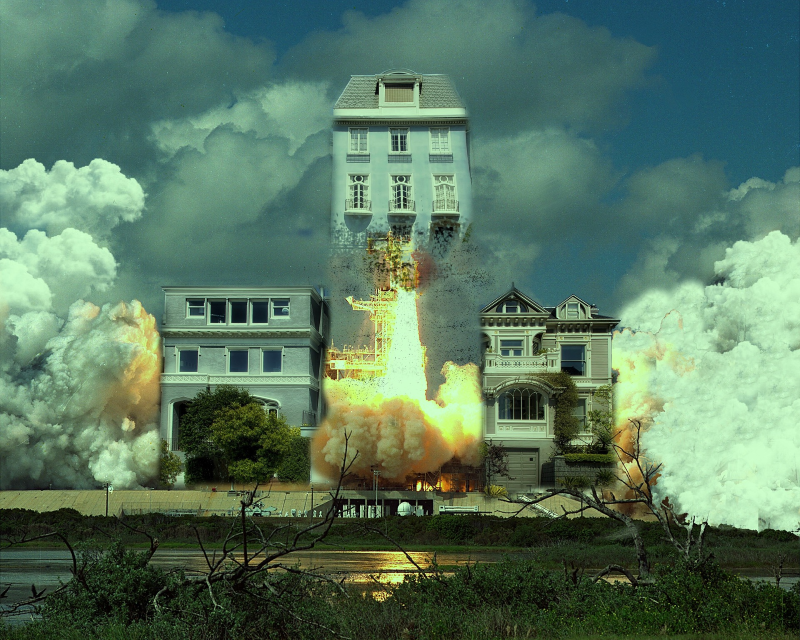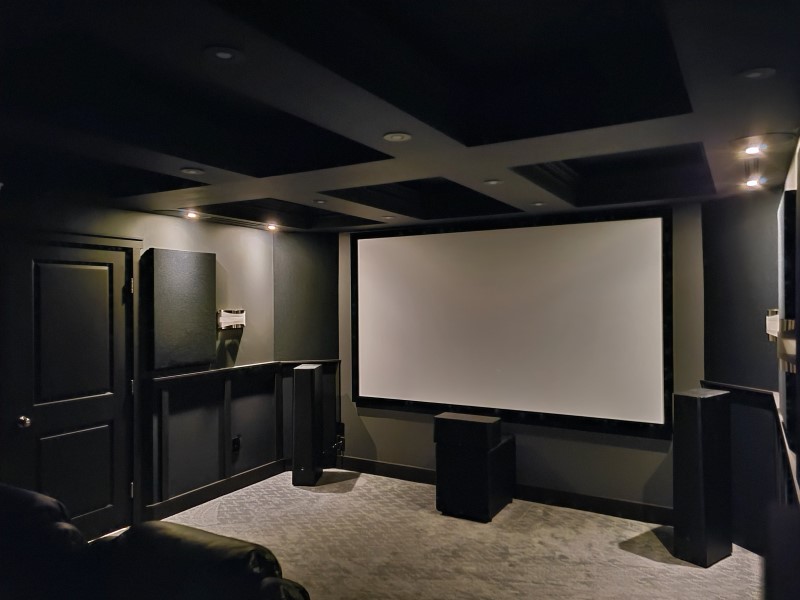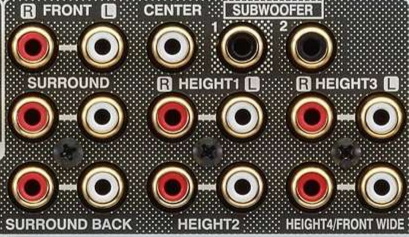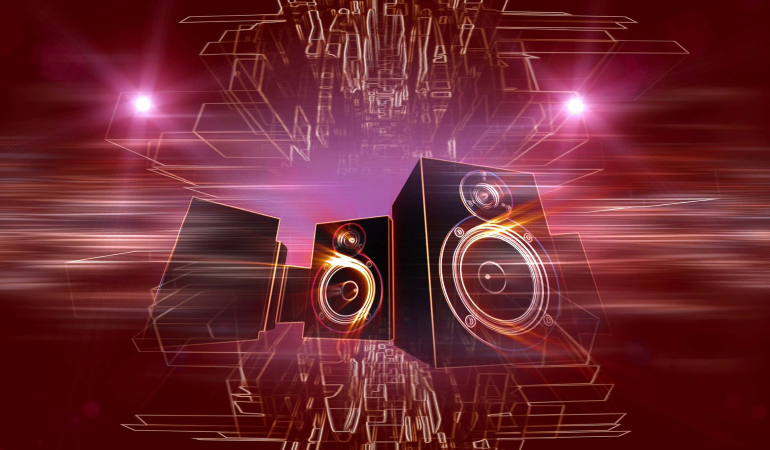Can My Speakers Get Loud Enough?
Maybe you’ve moved to a new place. Maybe you’ve just changed the room for your home theater. Regardless, you’ve got concerns. Maybe your old speakers worked great before, but are they going to be loud enough for your new space? Will they struggle? Can you damage them? Ack!
Let’s Talk About Damaging Your Speakers
This seems to be a concern far too many people have. They are worried that they are going to put their speakers in a new room, turn up the volume too loud, and their speakers are going to burst into flames. Or maybe fade away like the Thanos snap. I don’t know.

See, the key here is that YOU have to turn the speakers up too loud in order for this to be a problem. You are in control of your volume knob. If you find yourself getting close to reference level (usually 0dB on the dial) and the volume not being close to loud enough, you could damage your speakers. But only if you keep turning it up. If you don’t, your speakers will be safe, you’ll just wonder what people are saying.
What we are saying is that you can try out your old speakers in your new space. Just don’t turn it up too loud until you are sure you won’t damage your speakers.
Power Handling
The first thing most people look at is the power handling of their speakers in comparison to the amplifier power of their speakers. We’ve addressed this before but the TL;DR is that these numbers mean almost nothing. We wish they did, but they don’t. It is sort of like the gas mileage rating on a new car. Sure, it probably is true(ish) in certain situations. But you really won’t know what gas mileage you’ll actually get until you get in the thing and start driving it.
In most of these cases, the people asking already have the speakers. Even if they don’t, you can usually buy from somewhere that has a good return policy and try them out. And that’s exactly what you should do.
Let’s Talk About Your Trim Levels
If you are looking for a more concrete way of knowing if your speakers can get loud enough, we can help. First, you’ll want to run your room correction setup (or set up your receiver manually) in your new space. This will set the crossover and trim levels of all your speakers. After the setup completes, check those trim levels. Are they at or near the maximum? For Denon and Marantz receivers, that should be at +10dB. Yamaha it is +12dB. This indicates that your speakers are struggling. Why? Well…
Placement
If your speakers are too far away, your receiver might not have enough power to drive them to the proper listening levels. You have three options – move them closer, add an external amplifier, or upgrade your speakers. If you are running bookshelf speakers, you could look for more efficient bookshelf speakers. Or you could upgrade to tower speakers. But, if placement is the issue, buying tower speakers doesn’t necessarily mean they’ll get loud enough. You may find that if you buy tower speakers, you’ll still need an amplifier. Moving them closer or getting more efficient speakers will definitely solve your problem.

Tower Speakers and Bass
If your problem is solely in the crossover region, however, tower speakers might be the solution. If you are fine with the volume but find that you lose bass as the speakers crossover into the subwoofer, then you need towers. Tower speakers will provide the extra oomph that you need to keep the bass consistent. It is an uncommon problem, but it happens.
Inefficient Speakers
If you happen to own inefficient speakers, you may find that your receiver is having a hard time powering them even if they aren’t too far away. Oddly, the same advice holds. Inefficient speakers either need to be closer, have an external amplifier, or to be replaced by more efficient speakers.
Let’s Talk About Subwoofers
Lastly, we have to talk about subwoofers. Their job is to play the lowest bass. You could, in theory, raise the crossover setting on your receiver. This will take more of the bass away from your speakers and lighten the load on those speakers. This should, you may reason, allow your speakers to play louder. While that may be mathematically true, we’ve not found that raising the crossover makes that much difference.
Futureproofing Your Purchases
If you know you will be moving soon, or if you are someone that tends to move a lot, you probably want to futureproof your purchases. Of course, you could always opt for more efficient speakers. Look for something with over 90dB sensitivity. While this won’t guarantee that the speakers will get loud enough in ANY room, they will for most.

Second, make sure you buy a receiver with pre-outs. This will allow you to connect an external amplifier if you need to in the future. We’d suggest a full complement of pre-outs (as pictured above). But you’d want at least the front left and right pre-outs at a bare minimum. As these speakers handle most of the sound and tend to be the farthest from the listening position, they are the most important.
Have you worried about your speakers getting loud enough? What set your mind at ease? Let us know in the comment or on our Facebook page!


